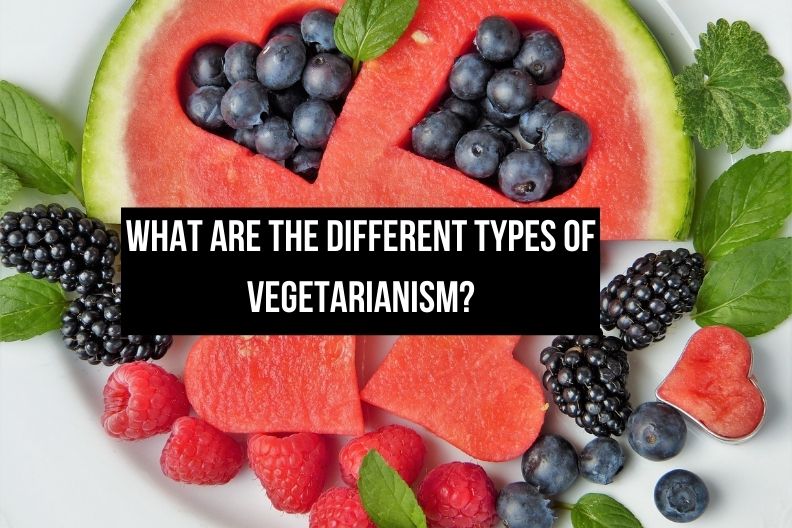What are the Different Types of Vegetarianism?
This post contains affiliate links. This means I will make a commission at no extra cost to you should you click through and make a purchase. Read the full disclosure here.
Being vegetarian is the practice of consuming a diet in which you mainly eat plants. A typical menu for vegetarians includes fruits, vegetables, grains, nuts, and seeds.
Some people choose a vegetarian diet for ethical reasons, while others do it in the hopes of living a long and healthy life. If you’re still not sure if this is your thing, read on to explore the different types of vegetarian diets, as well as which one is best for you.
Types of Vegetarians
- Vegans, or strict vegetarians, eat no foods from animal sources. Their diet is limited to foods from plant sources.
- Lacto-vegetarians eat animal protein in the form of milk, cheese, and other dairy products. They do not eat meat, fish, or poultry.
- Semivegetarians, or partial vegetarians, eat dairy products, eggs, poultry, and seafood. They eat little or no red meat – beef, veal, pork, and lamb.
Reasons for Vegetarianism
Religious reasons for vegetarianism are cited by followers of many eastern religions, such as Buddhists and Hindus. Seventh-Day Adventists and Trappist monks from the Roman Catholic church also choose a vegetarian diet.
Health Reasons are mentioned by people who want to avoid the fat and cholesterol in meat. They may also want to avoid certain hormones and chemicals used in raising livestock. Some people are concerned about illnesses that can be transmitted by animal foods, too. These people claim some animal foods give them digestive problems. They say they feel better when they eat primarily fruits, vegetables, and cereals.
Environmental reasons are given by people who say animal grazing is hard on the land. These people may also mention that meat processing uses a tremendous amount of water and energy.
Humanitarian reasons are stated by people who believe sacrificing the life of an animal for food is wrong.
Vegetarianism is the practice of abstaining from the consumption of meat (red meat, poultry, seafood) and may also include abstention from by-products of animal slaughter. There are numerous motivations behind becoming a vegetarian like an environment, moral and religious reasons, etc. However, across all cultures and demographics, pure/ethical vegetarianism seems to be a practice that’s only growing in popularity. I hope you’ve found this article on different types of vegetarianism useful.







